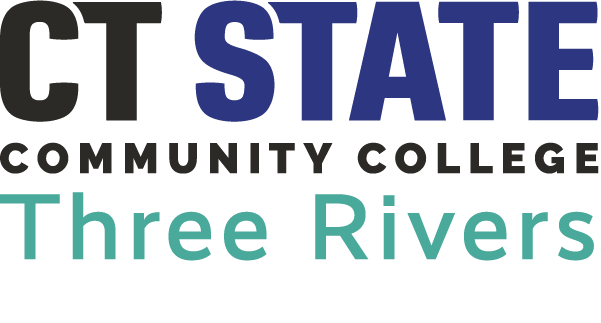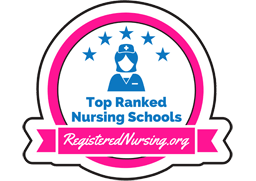DRUGS & ALCOHOL
Drugs and Alcohol in the Community Colleges Policy
The Board of Regents of Community-Technical Colleges endorses the statement of the network of colleges and universities committed to the elimination of drug and alcohol abuse, which is based on the following premise: American society is harmed in many ways by the abuse of alcohol and other drugs – decreased productivity, serious health problems, breakdown of the family structure, and strained social resources. Problems of illicit use and abuse of substances have a pervasive effect upon many segments of society – all socio-economic groups, all age levels, and even the unborn. Education and learning are especially impaired by alcohol abuse and illicit drug use. The Board recognizes that education regarding alcohol and substance abuse is an appropriate and even necessary part of contemporary college life. Since the unauthorized use of controlled substances, in addition to the potential harmful effect it may have on students and employees, is contrary to state and federal law and regulation, it must be prohibited in any college activity, on or off the college campus. Although the conditions of alcohol and drug dependency may be considered disabilities or handicaps under state and federal law and regulation and Board of Regents policy, and employees and students will not be discriminated against because they have these disabilities, all students and employees are considered to be responsible for their actions and their conduct. These provisions shall apply to all colleges under the jurisdiction of the Board:
- No student or employee shall knowingly possess, use, distribute, transmit, sell, or be under the influence of any controlled substance on the college campus or off the college campus at a college-sponsored activity, function, or event. Use or possession of a drug authorized by a medical prescription from a registered physician shall not be a violation of this provision.
- All colleges shall develop and enforce policies regarding the sale, distribution, possession, or consumption of alcoholic beverages on campus, subject to state and federal law. Consistent with board policy, the consumption of alcoholic beverages on campus may only be authorized by written permission of the president for special events as appropriate.
- All colleges shall provide educational programs on the abuse of alcohol and other drugs and referral for assistance for students and employees who seek it. Colleges are encouraged to establish campus-wide committees to assist in development of these programs in response to particular campus needs and identification of referral resources in their respective service planning regions. Failure to comply with this policy will result in invocation of the appropriate disciplinary procedure and may result in separation from the college and referral to the appropriate authorities for prosecution.`
Students are urged to seek information, advice, or confidential counseling regarding drugs and/or alcohol by contacting the counseling staff. Also, Three Rivers is prepared to refer students to appropriate professionals (medical, legal, psychiatric, etc.) according to the needs of the individual student. Contact will be held in complete confidence. A student who ignores opportunities for help and assistance and who willfully violates College policies and the law faces disciplinary action as outlined in the BOR/CSCU Student Code of Conduct.
The College’s full policies and programs on the Drug Free Workplace and Drug Prevention are published separately. Copies of these policies and programs are available to students through the Dean of Student Services.




